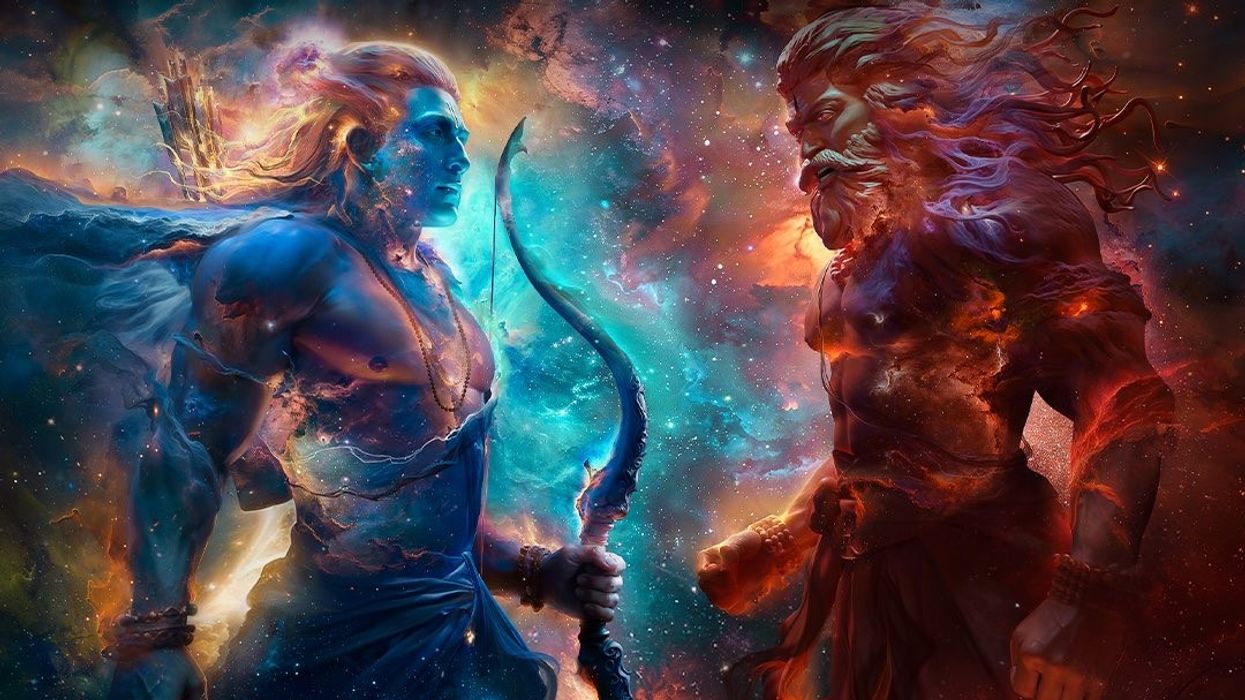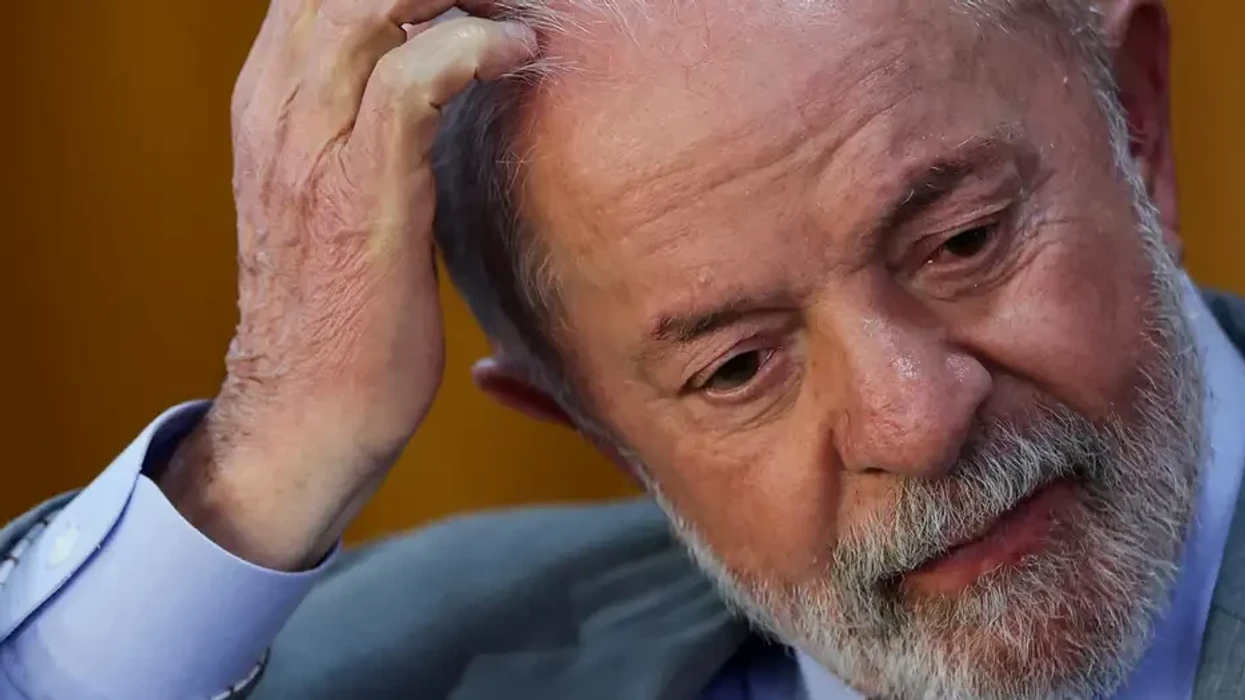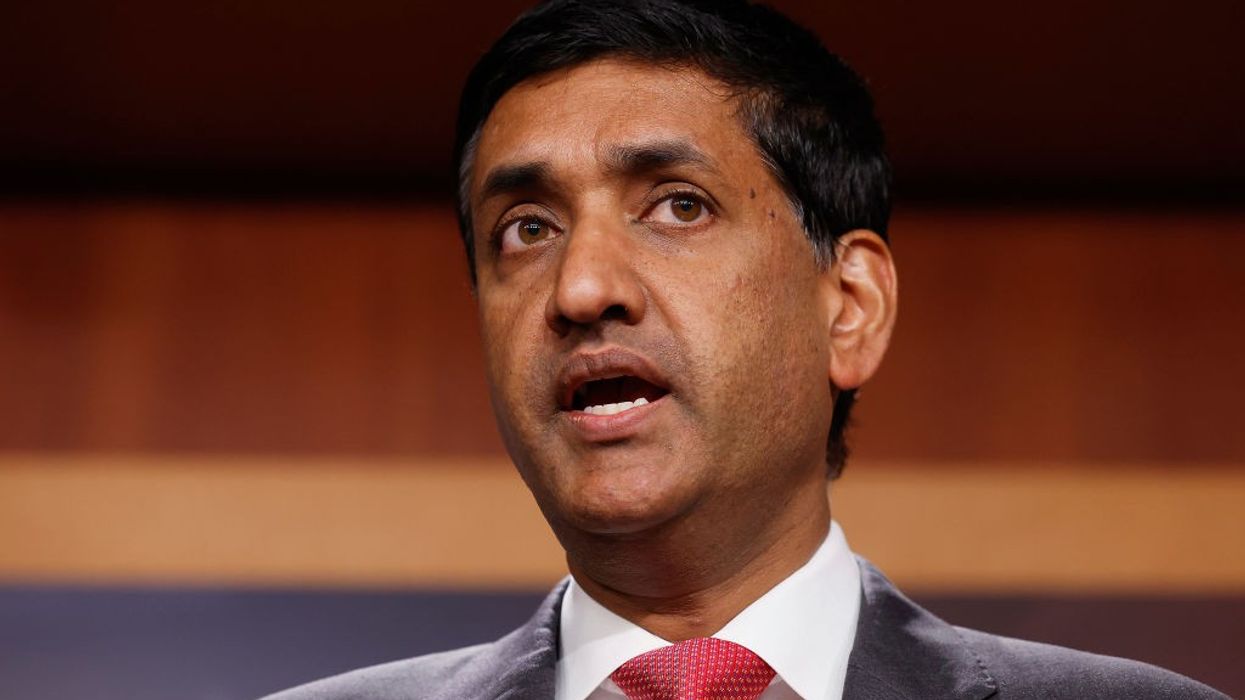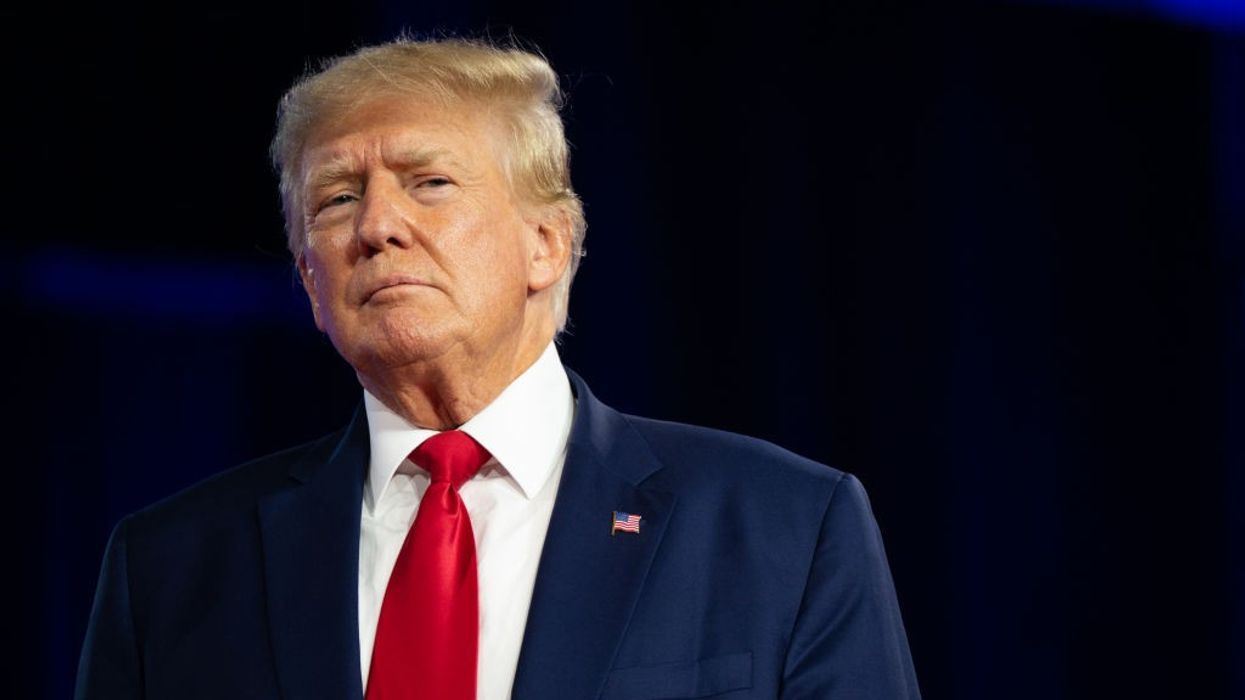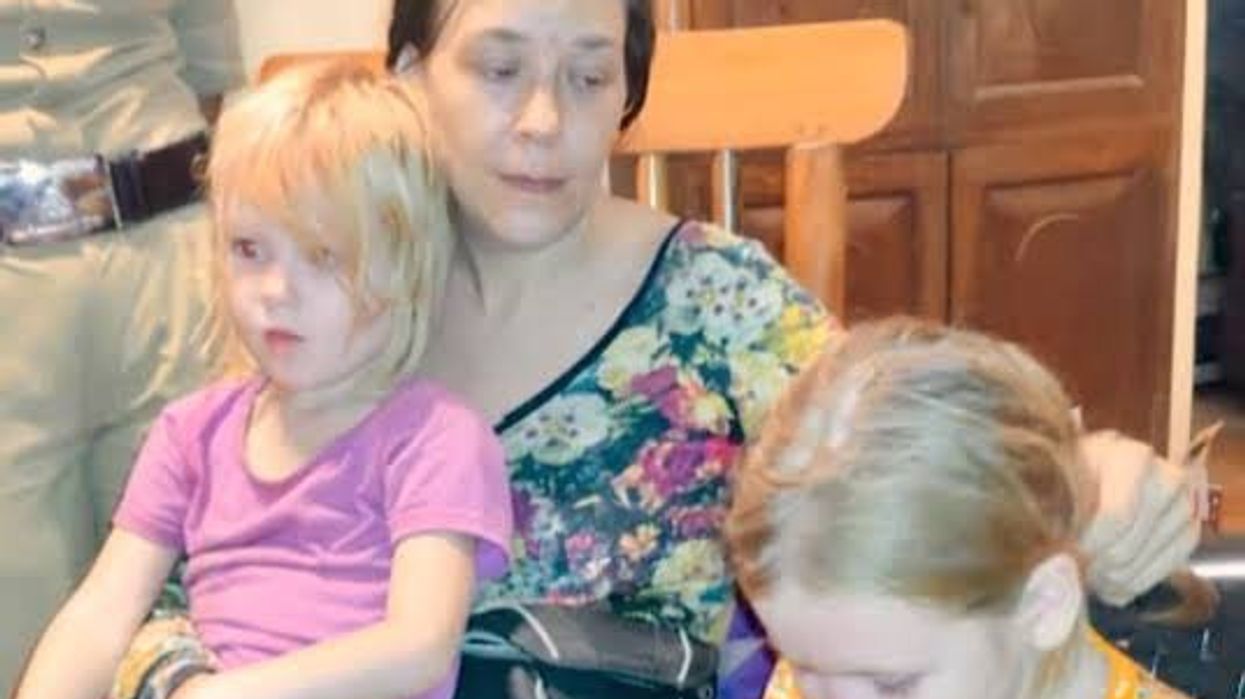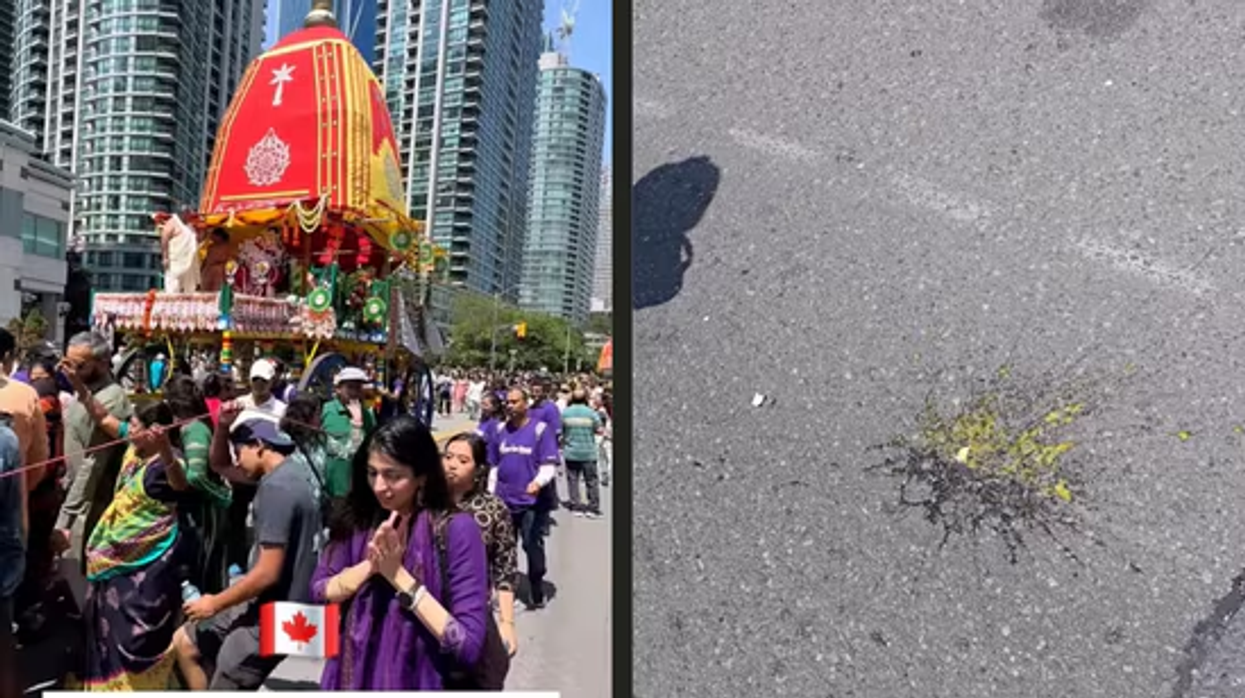In a gripping and emotional testimony, a former personal assistant to Sean “Diddy” Combs—identified only by the pseudonym “Mia”—reaffirmed her accusations of repeated sexual assault by the music mogul, despite aggressive cross-examination by the defense.
Mia, who worked closely with Combs for years, told jurors that the abuse she endured left her with severe PTSD and has rendered her unable to work.
Defense attorney Brian Steel attempted to cast doubt on Mia’s allegations by referencing her past Instagram posts and messages in which she praised Combs, calling him a “mentor” and “inspiration.” In one widely circulated post, she gushed: “You are the coolest alien rockstar unicorn pizza slice and we f------ lovvvve you!” Steel also questioned Mia on a birthday party post that coincided with the anniversary of one of the alleged assaults. Mia responded that she had learned to compartmentalize her trauma: “I tried to protect that night and shut it down and not think about it again.”
Despite the defense’s efforts to discredit her story using photos, texts, and videos showing happier moments, Mia remained firm. “What I said is true,” she stated under oath. “Everything I said in this courtroom is true.”
Mia explained that expressing affection or admiration publicly was expected of Combs’ staff and did not reflect her inner reality. “I had to support the things Puff supported. It was very confusing, ups and downs,” she told the jury, adding that her social media only highlighted the "good parts" of her life.
Jurors also heard deeply troubling messages between Mia and Combs’ chief of staff Kristina Khorram from December 2016, after Mia was informed she would no longer be working with Combs. “I’m going to kill myself, my life is over,” she wrote, expressing devastation and heartbreak. The defense highlighted these messages to question her state of mind and potential motives, while Mia explained that she blamed herself for the trauma—a common response among survivors.
She also testified that Combs would occasionally admit to needing help following violent incidents, further muddying her emotional landscape. “It was psychological. I felt responsible for helping him. I felt bad for him,” she said. “Nobody told me the things that were happening were wrong.”
Mia said she eventually left Combs’ employment in 2017 after he decided to shut down Revolt Films, where she served as director of development. She hired an attorney to negotiate her severance and eventually walked away with $200,000 after legal fees. Though she said the money helped her transition, the scars remained. “I suffer from severe complex PTSD,” she said, explaining that even normal situations can trigger her trauma.
The trial took a political turn as well, when former President Donald Trump was asked in the Oval Office about a possible pardon for Combs. Trump responded that he hadn’t followed the case closely but would “certainly look at the facts.” The statement raised eyebrows, especially given Trump’s past friendship with Combs and history of celebrity pardons.
Mia is expected to return to the stand on Monday as the trial continues. Judge Subramanian dismissed jurors for the weekend with a strict reminder to avoid any media coverage involving Combs.
As the case progresses, Mia’s unwavering testimony, despite the defense’s scrutiny and her documented affection for Combs in public settings, has become a pivotal moment in what could be one of the music industry’s most consequential trials.







